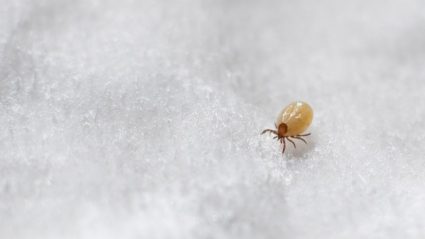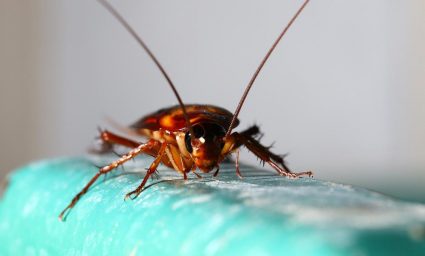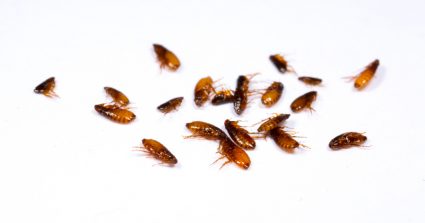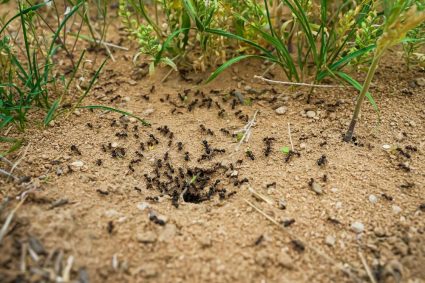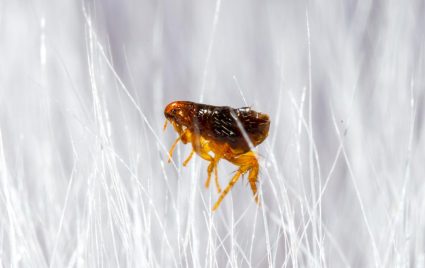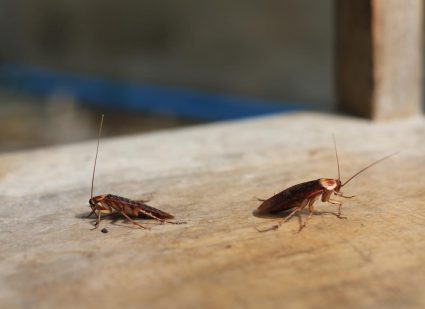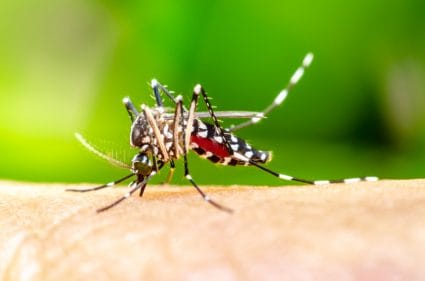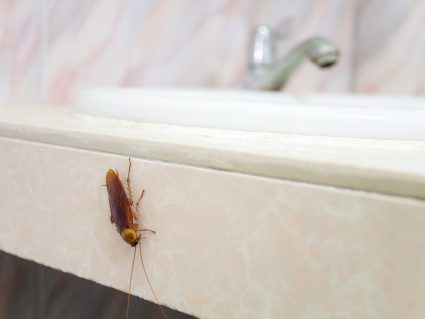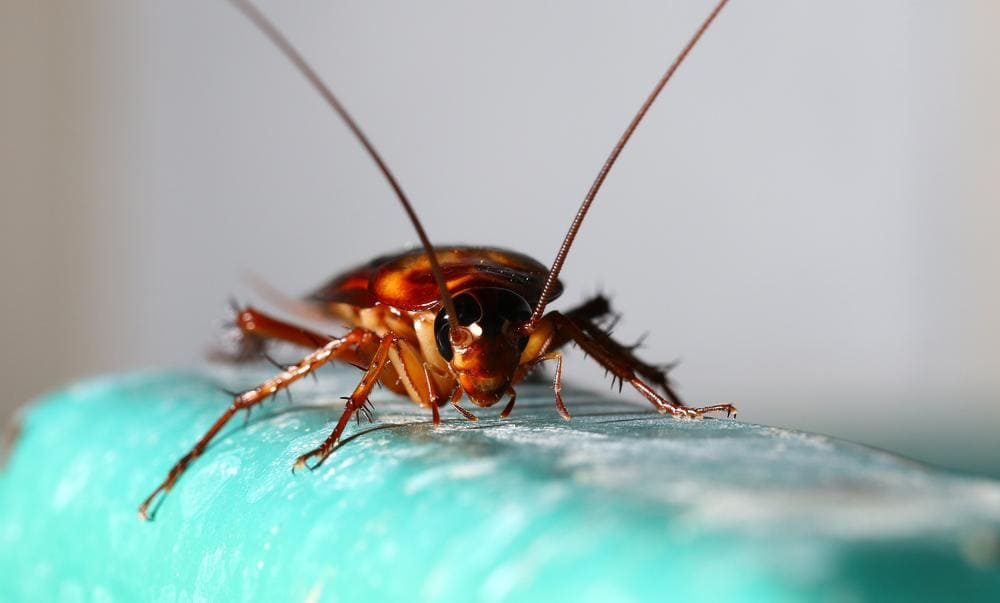
Roaches are a common household pest that can be challenging to exterminate. The time it takes for these pests to die after extermination depends on numerous factors, including the size of the infestation, the treatment used, and the roach species. In this article, we’ll dive deep into all these aspects, providing you with a comprehensive understanding of what to expect after extermination.
The time it takes for roaches to die after extermination can vary greatly, but you can generally expect to see dead roaches for up to two weeks post-treatment. The complete elimination process can take several weeks or even months, depending on the size of the infestation, the type of treatment used, and the species of roach. If you continue to see roaches a few weeks after treatment, a follow-up exterminator visit may be necessary.
Factors Influencing Roach Extermination
Species of Roach
Different species of roaches may respond differently to extermination treatments. For instance, it can take up to five weeks to completely rid your property of German cockroaches following treatment, but their numbers should reduce by 70% to 80% in the first week alone.
Size of the Infestation
Larger infestations may take longer to eliminate completely due to the sheer number of pests present.
Type of Treatment Used
Exterminators may use a combination of baits, insect growth regulators, insecticides, dusts, and monitor cards, which can affect the time it takes for roaches to die.
Resistance to Pesticides
Some roach populations have evolved resistance to certain pesticides, making them less effective.
Environmental Factors
The presence of food, water, and shelter sources can influence the effectiveness of extermination efforts.
Post-Extermination: What to Expect?
After extermination, it’s normal to see dead roaches for up to two weeks. The process of complete elimination can take several weeks or even months, depending on the infestation size and the effectiveness of the treatment. It’s essential to maintain cleanliness and address any factors that may have contributed to the infestation to prevent future occurrences.
The Lifespan of Roaches After Extermination
The average lifespan of a roach after extermination treatment depends on various factors. Some roaches may survive the initial treatment but will eventually die due to exposure to the insecticides.
The Impact of Roach Species on Extermination
The species of roach involved can affect their resistance to pesticides. Some German roach populations have evolved resistance to pesticides, rendering the chemicals less effective.
Ensuring Complete Extermination
To ensure the complete extermination of roaches and prevent potential re-infestations, it is essential to combine multiple control methods, such as sanitation, exclusion practices, and the use of baits, insect growth regulators, and insecticides.
Preventing Roach Return After Extermination
After a roach extermination, there are several precautions and steps you can take to ensure that the roaches do not return. These include maintaining cleanliness, eliminating food and water sources, sealing entry points, using baits and traps, applying insecticides, and monitoring and reapplying treatments as needed.
In conclusion, the time it takes for roaches to die after extermination can vary greatly depending on various factors. However, with proper extermination techniques and post-treatment precautions, you can ensure that your home stays roach-free. If you still see roaches a few weeks after a pest control treatment, it may be necessary to call the exterminator for a follow-up visit.
Frequently Asked Questions
What are some common species of roaches?
Some common species of roaches include the German cockroach, American cockroach, Oriental cockroach, and the brown-banded cockroach.
What are some signs of a roach infestation?
Common signs of a roach infestation include seeing live or dead roaches, finding roach droppings or egg cases, and noticing a musty or oily smell.
How can I prevent a roach infestation in the first place?
To prevent a roach infestation, maintain cleanliness in your home, especially in the kitchen and bathroom. Regularly take out the trash, avoid leaving food out, and seal any cracks or gaps where roaches could enter your home.
How can I tell if the extermination was successful?
A successful extermination will result in a noticeable decrease in the number of live roaches observed. Also, finding dead roaches is a good sign that the treatment is working. However, if you still see live roaches several weeks after treatment, you may need a follow-up extermination.
Are there any health risks associated with roaches?
Yes, roaches can carry a variety of bacteria and pathogens that can cause diseases such as salmonella and gastroenteritis. Their droppings can also trigger allergies and asthma attacks, especially in children.

